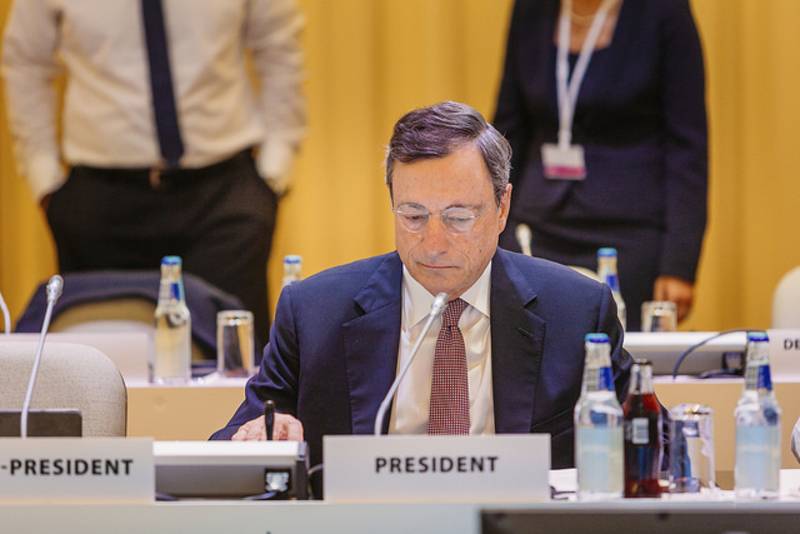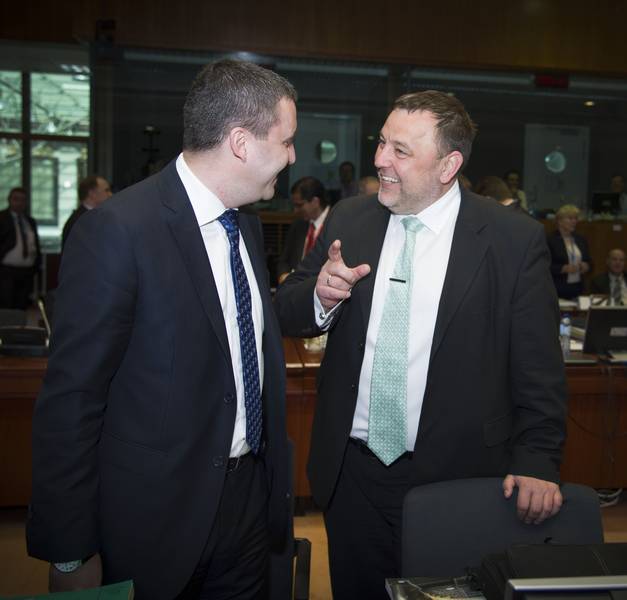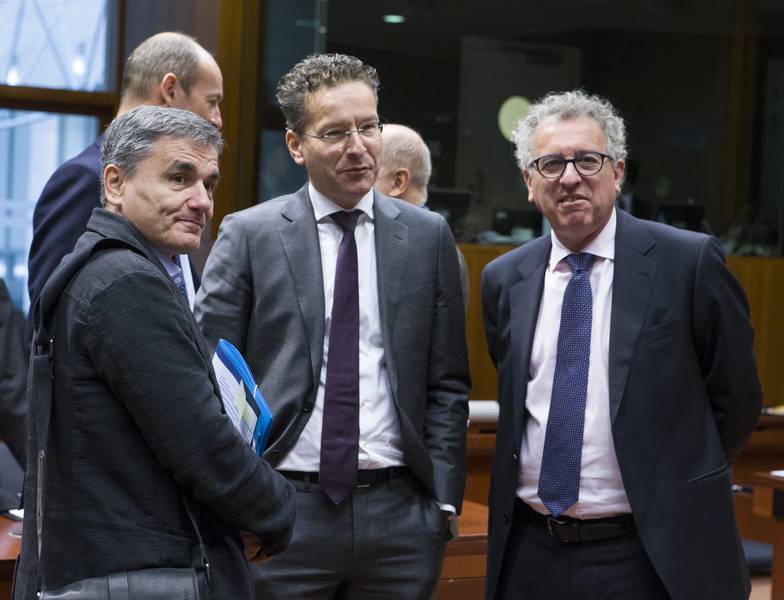The EU cannot agree on micro financial supervision
Adelina Marini, November 10, 2009
 The Swedish presidency again called on EU member states to take all necessary actions to ensure an agreement for the establishment of a micro financial supervision body. After today's ECOFIN Council the Swedish finance minister vigorously warned that by the December session of ECOFIN there must be an agreement. "If we want to make sure that we do not want to run on new financial unbalances and new financial bubbles, a new financial infrastructure built on the Larosiere report and the important work of the Commission, is what we need at the December Council", Mr. Borg added.
The Swedish presidency again called on EU member states to take all necessary actions to ensure an agreement for the establishment of a micro financial supervision body. After today's ECOFIN Council the Swedish finance minister vigorously warned that by the December session of ECOFIN there must be an agreement. "If we want to make sure that we do not want to run on new financial unbalances and new financial bubbles, a new financial infrastructure built on the Larosiere report and the important work of the Commission, is what we need at the December Council", Mr. Borg added.
He reminded that the goo exit from the crisis needs a new financial infrastructure. He also praised the progress achieved at ECOFIN on the establishment of macro supervision.
As a result of the financial crisis which showed considerable weaknesses in the financial supervision system not only in Europe but globally as well, the EU took several initiatives, which grew into a legal package in September. This package includes regulations which have a direct impact and do not need to be harmonised in national legislation. The package envisages the creation of 3 new European supervision bodies which will supervise now not only the banking system but also insurance, social securities and securities.
The European Council for Systemic Risk will be responsible for the macro supervision in the EU. However, the Council will only have analytic functions and will see for the development of bubbles and financial imbalances. Its conclusions, though, will be only advisable. The biggest problem appears to be the micro supervision. There is a lot of resistance from a number of EU member states. Those are countries with more liberal financial markets like Britain and Luxembourg. For this type of supervision it is planned a European System of Financial Supervisors to be established whose decisions will be legally binding.
Bulgaria in general supports the creation of supranational supervision bodies which will work in a system with the national ones. For now it is not quite clear how the decisions will be taken - either by a normal majority or by a qualified one. The idea of these supervision bodies is to react in cases like the following: if a mother bank starts withdrawing money from its branches, let's say, in Bulgaria, this body will have the right to warn the financial institution in question. If it does not take any measures, then Bulgaria might ask the Commission for help.
The countries which complain that such supervision will seriously tie their hands if they want a more flexible financial policy in case they need it. But, on the other hand, the availability of such supervision might prevent such a need, the supporters of a tightened control say.
 Mario Draghi | © ECB
Mario Draghi | © ECB Vladislav Goranov, Sven Sester | © Council of the EU
Vladislav Goranov, Sven Sester | © Council of the EU Tsakalotos, Djisselbloem, Gramegna | © Council of the EU
Tsakalotos, Djisselbloem, Gramegna | © Council of the EU